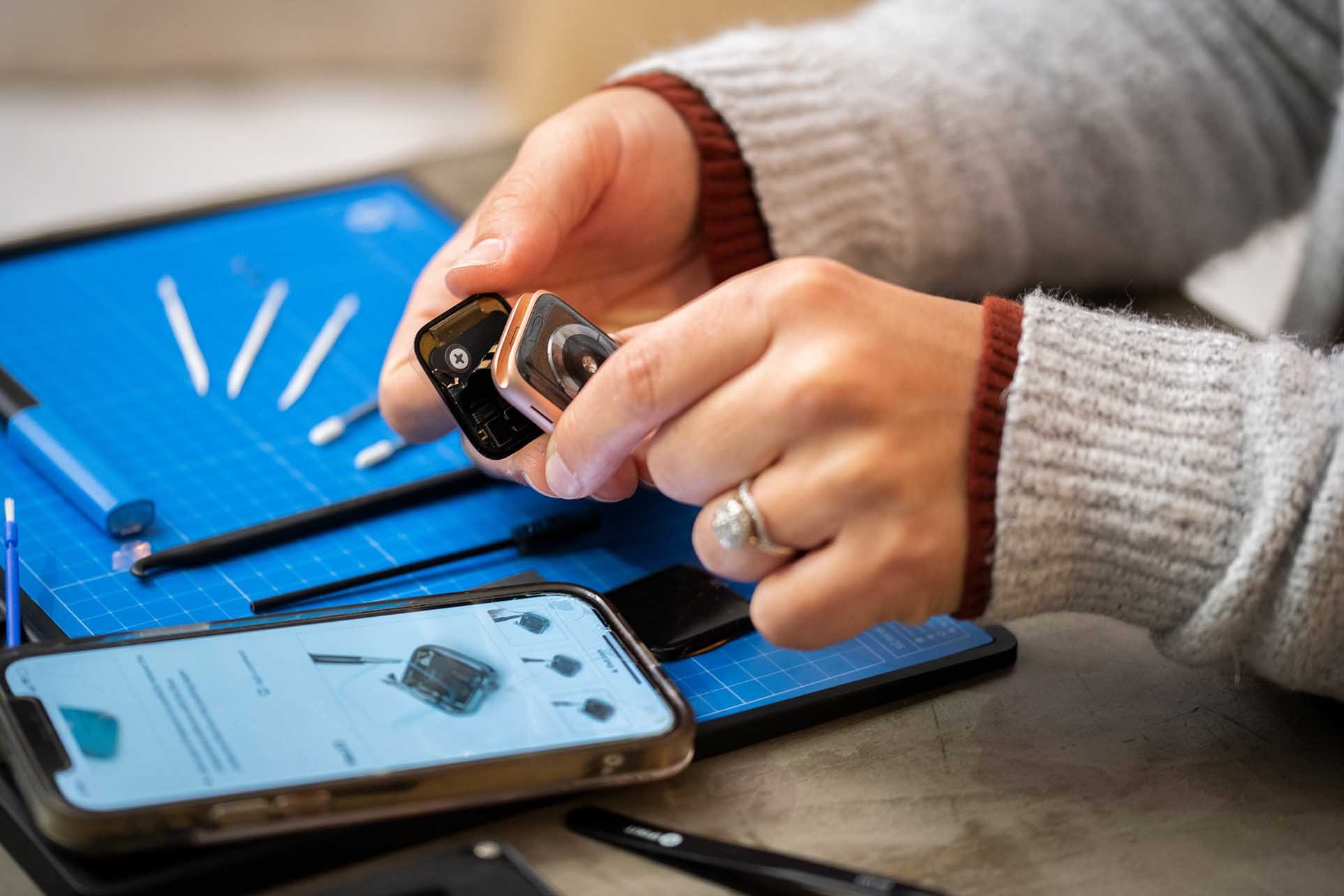




Malicious Compliance with Right to Repair Laws
Complying with the letter—but not the spirit—of the law is called 'malicious compliance,' and it’s exactly what manufacturers are doing with Right to Repair. Apple, Samsung, and John Deere are front and center in this deceptive practice. For example, Apple's so-called support for Right to Repair in California comes with a major compromise, effectively killing independent repair by requiring parts to be bought directly from them. Samsung, once seemingly favorable to Right to Repair, now limits part sales and enforces monopolistic agreements. And John Deere? They're dodging legislation through agreements that restrict farmers' access to essential diagnostic software. This article dives deep into these practices, revealing how big companies are twisting laws to stifle competition and maintain their repair monopolies.


Unlocking the Future: The Impact of California’s Right to Repair Bill
This is not just legislation; it's a seismic shift in how we relate to our gadgets and who gets to fix them. This law marks a turning point, resembling a digital emancipation proclamation.
Apple's 'Wanderlust' Event: A Journey to 'Wonder-Lost'?
If Apple's "repairable" devices still end up in landfills due to built-in obsolescence or repair restrictions, the environmental problem remains unresolved.




